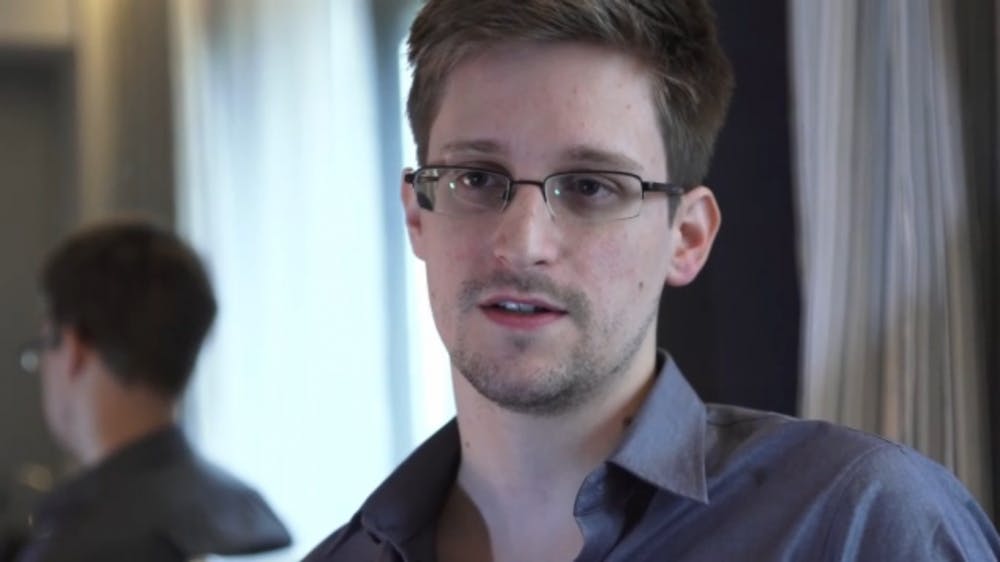Abigail Pollock | Echo
Edward Snowden blew the whistle on the National Security Agency (NSA) and leaked massive amounts of classified information regarding surveillance, privacy and the reality of counterterrorism and government control in the 21st century.
Before Snowden, I admit I had never heard of the NSA, which was quietly expanded under the Patriot Acts of 2003 and 2006. NSA's PRISM branch requires companies like Internet giants Facebook and Google to release client information. CISPA (Cyber Intelligence Sharing and Protection Act) ensures that the government can get court orders to intercept communication or access private online information, although documents also show that the NSA has hacked into smartphones, email addresses and other private communication devices illegally, according to the Guardian.
Why should this concern us? Most would argue that privacy is a basic constitutional right which ensures our security as individuals and as a society. Even if these laws have not personally affected us yet, such invasive, secretive surveillance creates a dangerous precedent for the future. Federal agencies like the NSA and CIA, for example, are known for "overreaching their authority and abusing the law," said former presidential counterterrorism adviser Richard Clarke, according to the NY Daily News.
Ironically, security is the strongest justification for government surveillance programs. FBI Director Robert Mueller has stated that the Patriot Act would have been able to prevent the 9/11 terrorist attacks, and the NSA Director Keith Alexander made the controversial claim that more than 50 instances of terrorism have been prevented through their programs. A strong case for the Patriot Act can certainly be made, particularly in the anniversary week of the Sept. 11 terrorism.
Many U.S. citizens have decided that government surveillance is necessary because it arguably poses no threat to the innocent and guards against terrorist activity both within and outside of the United States. Our society is already desensitized to the invasiveness of technology, and as long as our comfort and convenience are not immediately compromised, we will continue to allow our civil rights to be eroded for the sake of national security.
However, as citizens, we must ask what systems are in place to safeguard our civil rights and hold the government accountable.
In response to the public outcry against the NSA, President Obama made a statement last week assuring the nation that NSA reforms would be implemented to increase transparency and allow for national discourse to take place on issues of privacy and surveillance, according to NBC.
"Given the history of abuse by governments, it's right to ask questions about surveillance by governments, particularly as technology is reshaping every aspects of our lives," Obama said.
It may not be enough to simply ask questions. The NSA has implanted back door access points in many of our technological devices, leaving them vulnerable, and any device with a satellite connection can be hacked. Under the NSA, even using encryptions as personal protection may be viewed as suspicious activity and trigger government surveillance. With this precedent, it is not a stretch to imagine that stronger resistance to the Patriot Act could force other citizens to join Snowden as proclaimed traitors to the United States.




